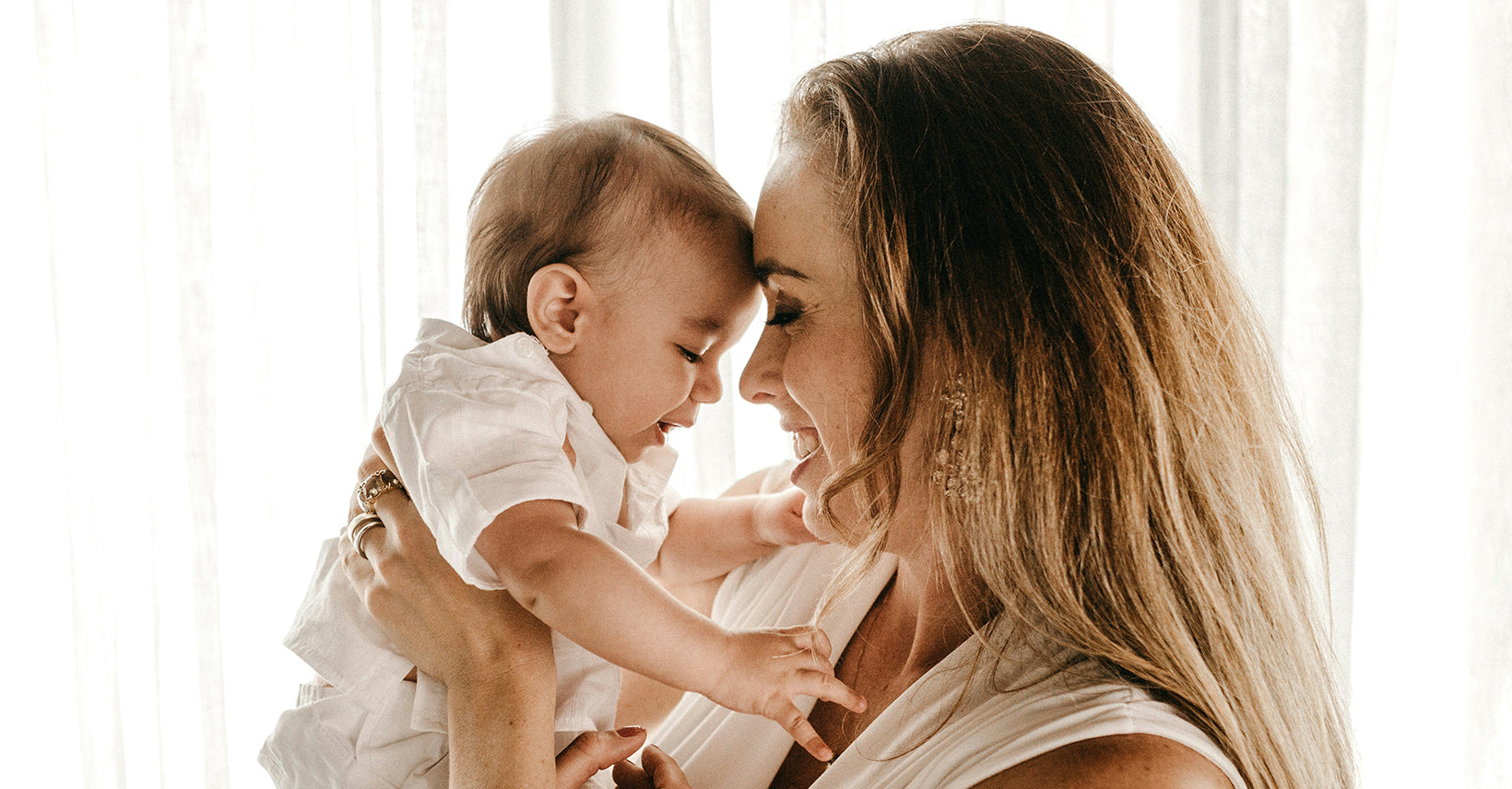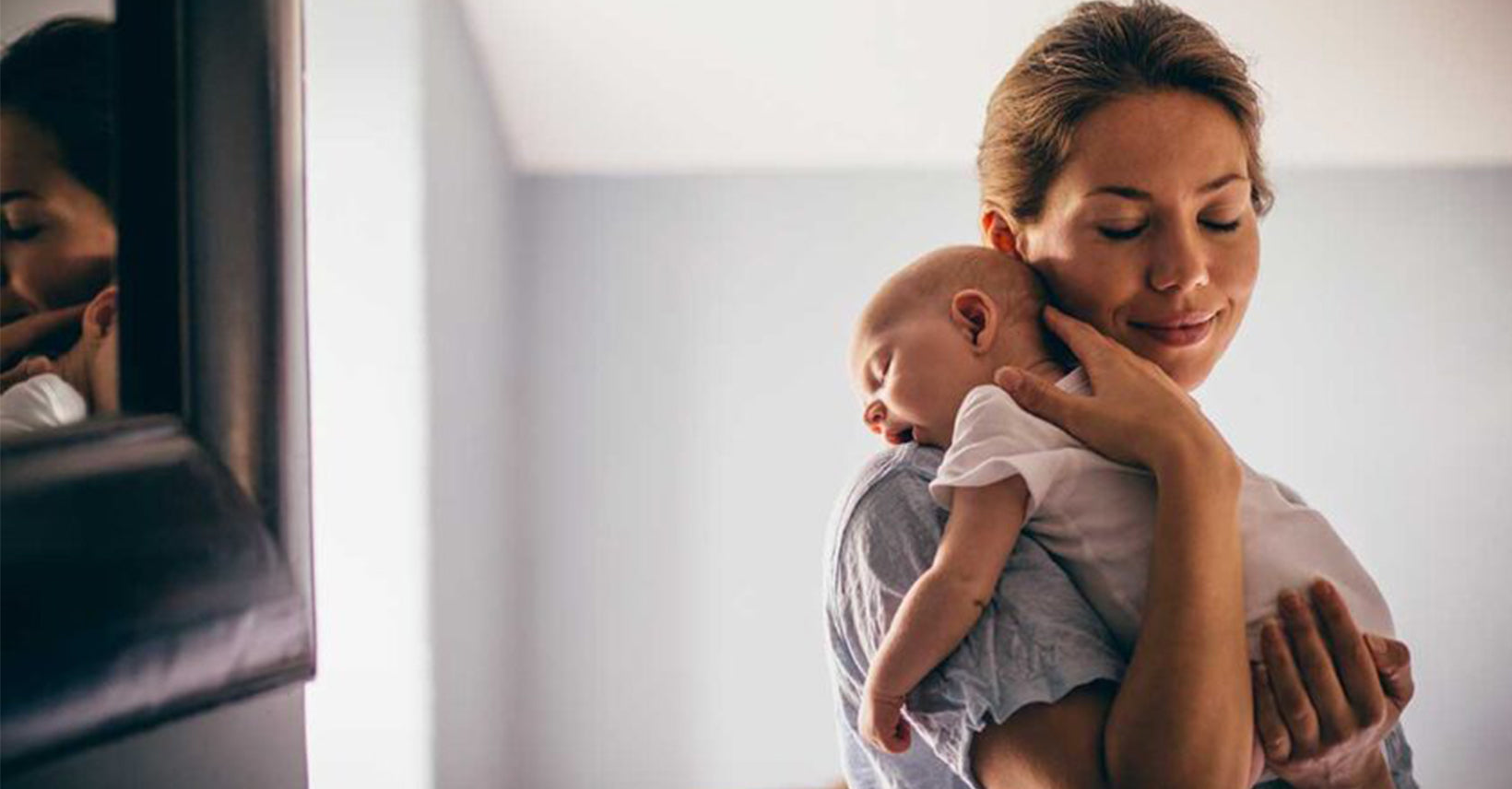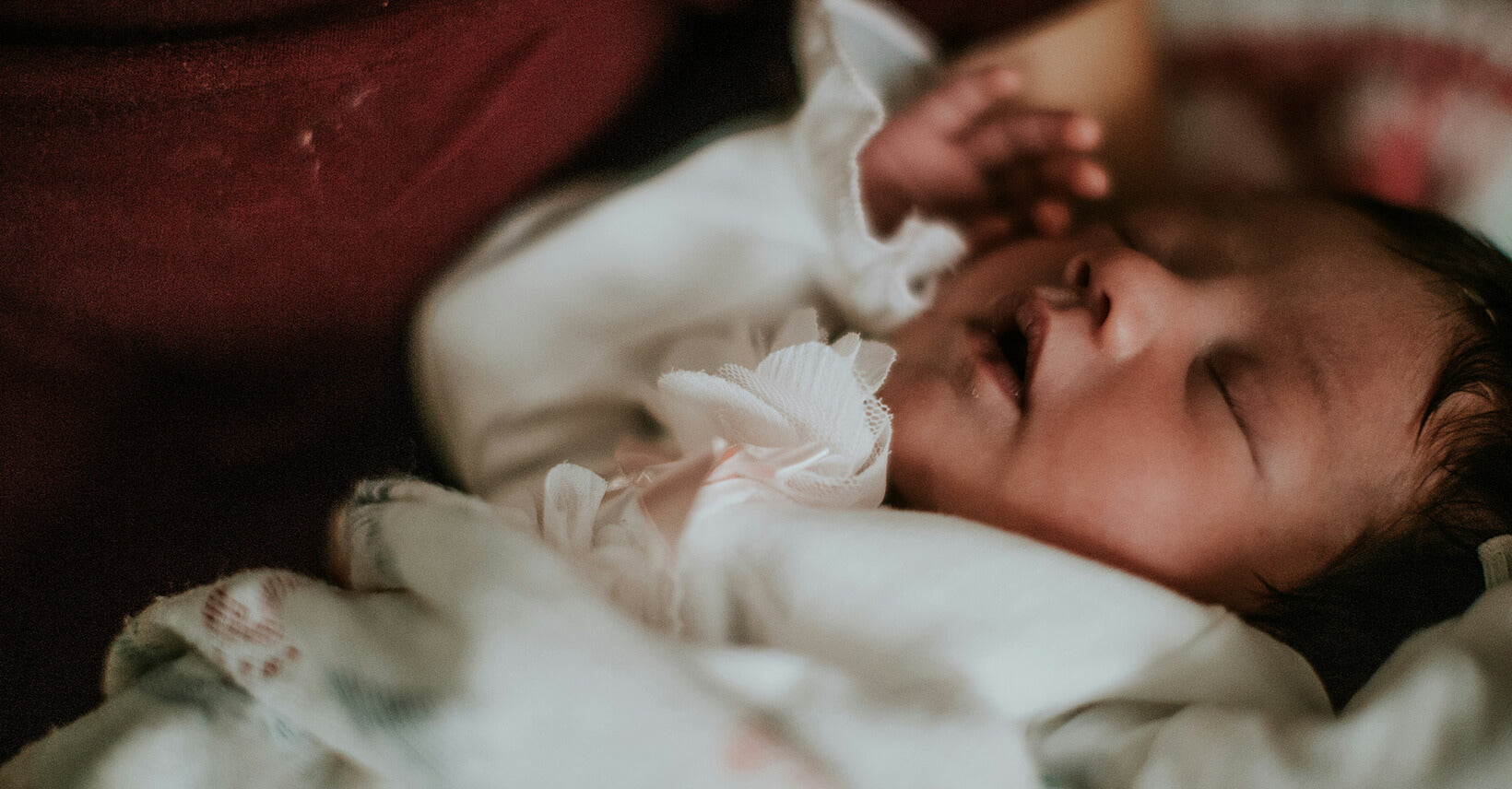
Do Pediatricians Recommend Sleep Training?
As new parents navigate establishing healthy sleep habits for their babies, one common question is whether and when to begin sleep training. Pediatricians are often looked to for guidance on this topic, as they study child development and regularly advise families. This article explores the perspectives shared by pediatricians on various aspects of sleep training, based on their clinical experience and research. Kaiya Baby will discuss what age and weight pediatricians recommend starting training, the gentle methods they suggest, signs that warrant checking in with the pediatrician, and whether any oppose sleep training altogether and why. The goal is to provide parents with a better understanding of pediatric thought leadership on this issue from trusted medical sources.
What do pediatricians say about sleep training?
Pediatricians have varying opinions on sleep training. Here are some of the different viewpoints:
Approach based on the baby's age: Some pediatricians believe that in the early stages, particularly the first few months after birth, it is important to be responsive to and meet the needs of the baby. They may advocate for gentler methods, such as attachment-based approaches, that focus on meeting the baby's needs and providing comfort. However, other pediatricians may feel that gradually teaching infants and toddlers to fall asleep independently and self-soothe is important for appropriate age groups.
Emphasis on the baby's emotions: Some pediatricians emphasize the importance of considering the child's emotions and emotional well-being. They may believe that excessive focus on sleep training can lead to stress and negative emotions. They may lean towards more gentle approaches that center on the child's emotional needs.
Understanding of sleep requirements: There may be differences in the understanding of children's sleep needs. Some doctors believe that infants and young children require more sleep and may need more closeness and soothing, while others may place greater emphasis on fostering independent sleep and stable sleep habits.
Family culture and values: Pediatricians typically respect the cultural and values systems within families and take into account the needs and expectations of the family. They may provide a range of options so that parents can make decisions based on their own values and family dynamics.

While there are these differences in viewpoints, the goal of pediatricians is to help parents establish healthy sleep habits and provide advice tailored to the specific child. Parents should communicate with their pediatrician, discuss their child's specific circumstances, and seek personalized guidance and support.
Does anyone have a pediatrician against sleep training?
A minority view is that sleep training is unnecessary and babies will learn to self-soothe on their own timeline without formal training interventions.
Some are concerned about potential negative impacts on the parent-child attachment relationship from lengthy periods of crying during training.
There is debate about how much distress is too much for a baby's developing brain and stress response systems. Checks help assess distress levels.
Premature or "sleep-deprived" babies under 4 months may not be developmentally ready due to immature nervous systems.
Training success can depend on implementation consistency, but life disruptions happen and training may not yield promised results for every family.
Cultural/familial factors like co-sleeping or responsive parenting styles are alternative viewpoints to strictly scheduled sleep.
More research is still needed on long-term impacts of different methods on childhood and adult sleep, health, behavior, and parent-child relationships.
So in summary, while a minority, some pediatricians are skeptical of a one-size-fits-all training approach or have ethical concerns about certain methods involving high levels of distress. Individualization is key.
Why are pediatricians pushing sleep training?
Sleep is incredibly important for an infant physical and cognitive development. Babies who get sufficient, quality sleep tend to be happier and healthier.
Lack of sleep can negatively impact parental mental health and the parent-child relationship if caregivers are excessively tired. Training aims to benefit the whole family unit.
With gentle methods applied at the appropriate developmental stage, training can help babies self-soothe to sleep independently and consolidate sleep cycles.
It establishes positive sleep associations and habits that last through childhood if implemented consistently at a young age.

Screen time/media addiction is on the rise, so pediatricians want to encourage healthy "wind-down" routines without devices before bed.
Doctors see many over-tired, cranky babies and sleep-deprived parents who could benefit from regulated schedules and independent sleep skills.
Training allows for more predictable sleep/wake rhythms conducive to early learning, exploration, and parenting obligations during daylight hours.
What is the best age and weight to start sleep training your baby?
The recommended age range is usually between 4 to 6 months old. By this point, babies have normally established regular sleep cycles.
In terms of weight, most babies start being developmentally ready between 12-16 pounds. However, age is generally seen as a better indicator than just weight alone.
Around 4 months, babies' sleep cycles are getting longer and they are spending less time in REM sleep and more in deeper sleep stages. This makes night wakings more disruptive.
By 6 months, their sleep-wake cycles have matured enough that sleep training can help develop independence in going to sleep alone.
After 6 months it can still work, but before 4 months many pediatricians feel they may not be neurologically developed enough yet.
Signs of readiness include baby spending less time sucking their thumb and bringing it to their mouth while sleeping.
It's always best to check with your pediatrician based on your individual baby's health, diet, and developmental progress.
What are the best sleep training methods for babies?
Fading/gradual withdrawal: Involves gradually reducing night feeds/check-ins by a few minutes each time over 1-2 weeks. Allows baby to connect sleep cycles.
Chair method: Sit by the crib until baby falls asleep, lengthen the time between checks each night over 1-2 weeks before leaving the room.
Extinction/cry-it-out: Leaving baby to self-soothe without checks which some prefer to avoid for younger babies due to crying stress.
Pick up/put down: Put baby in crib awake. Pick up only if truly upset, not fussing. Repeat until asleep with the goal of fewer pick-ups over time.
Sleep lady shuffle: Check on baby at increasing intervals if crying to reassure without picking up or feeding.
Camp out: Sleep near the crib so the baby knows you're present but doesn't learn to be rocked/fed back to sleep.
Most recommend gentle methods like fading, chair, or pick up/put down vs. full cry-it-out given the risks of extended stress for young babies. Consistency is key and families should choose based on their baby's needs.
When should you contact your babies’ pediatrician about sleep training?
Here are some signs that warrant contacting your baby's pediatrician during or after sleep training:
Baby seems exceptionally distressed and inconsolable - they may be too young, have an underlying issue, or training may need adjusting.
Baby has a lingering fever or shows other potential signs of illness like decreased appetite or hydration.
Weight loss of more than 5-10% of the baby's body weight has occurred during the training period.
Training does not seem to be effective and the baby is not adjusting after 2-4 weeks. Consistency may need evaluation.
Parents have serious concerns about the method used or feel too stressed. Physician input can help tweak the approach.
Baby regularly experiences nightmares, excessive sweating, or other disturbing sleep phenomena.
A medical or developmental issue previously unknown is identified as potentially impacting sleep.
Postpartum depression or similar issues for the parent means they can't handle the distress.
In general, contact if training causes more harm than good to a baby's wellbeing and development, or parents lose confidence in their strategy. The pediatrician can help determine the next best steps.

Yujia Shi
An expert in sleep sack design, is a valued contributor to Kaiya Baby's blog. With a strong background in baby sleep bags and maternal care, she is highly regarded for her professionalism. Yujia Shi prioritizes baby comfort and safety in her designs, using high-quality materials. Her insightful articles on sleep bags have been featured in reputable publications and have gained a significant readership. Trust Yujia Shi to help you create a comfortable and safe sleep environment for your baby, backed by her proven track record in the industry.



Leave a comment
This site is protected by reCAPTCHA and the Google Privacy Policy and Terms of Service apply.